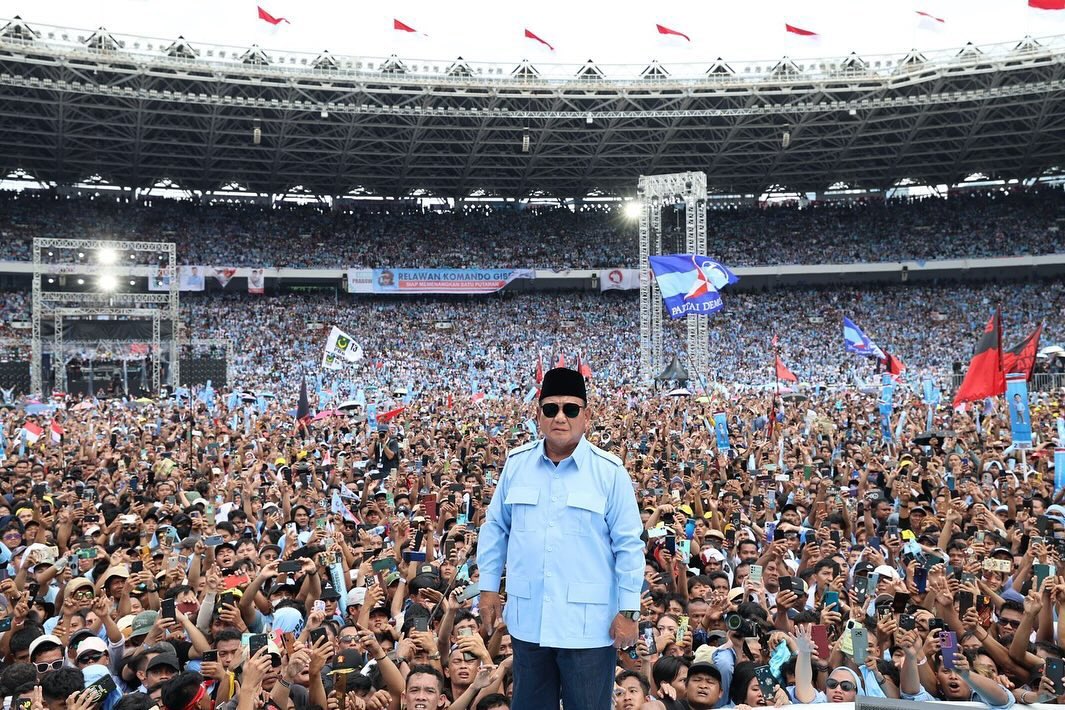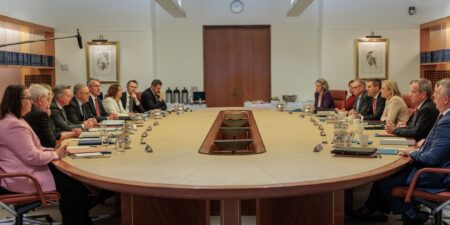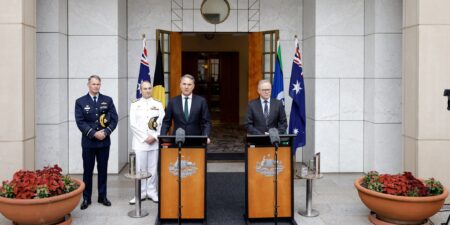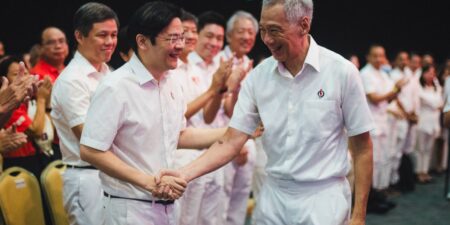The BGA Indonesia team, led by Managing Director Douglas Ramage, wrote an update for clients on Indonesia’s president-elect, Prabowo Subianto.
Context
- Prabowo Subianto was elected Indonesia’s next president, with credible pollsters indicating he received 59 percent of the vote in the country’s February 14 elections. Change candidate Anies Baswedan secured 25 percent of the vote, while Ganjar Pranowo, who led surveys as recently as September 2023, mustered just 16 percent.
- No single factor shaped the election outcome more than the popular President Joko “Jokowi” Widodo’s unprecedented endorsement of the winning pair, who have pledged policy continuity. A continued focus on infrastructure and natural resource downstreaming is all but assured. However, the president-elect, who has long had ambitions for the executive office, will bring his own style to policymaking.
Significance
- Prabowo is expected to uphold Indonesia’s pragmatic investment approach, prioritizing ventures that contribute tangible value to the domestic economy. Unlike Jokowi, Prabowo shows significant interest in geopolitics and may seek to broaden Indonesia’s investment base. However, he is unlikely to pursue diversification that comes at the expense of investment from China.
- Prabowo will differ significantly from Jokowi in his foreign policy approach. Whereas Jokowi has faced criticism for his limited engagement with international affairs, Prabowo is expected to prioritize geopolitics and define a more comprehensive international agenda, particularly regarding security. During his tenure as defense minister, Prabowo fostered closer military ties between Indonesia and Western allies, including the United States.
Implications
- Companies can expect Indonesia to maintain its openness to foreign investment. The country remains receptive to investors capable of contributing tangible value domestically, a role predominantly occupied by China in recent years. Indonesia’s stance is not one of favoritism toward China but rather a recognition of Chinese companies’ willingness to invest in key industries, aligning with Indonesian aspirations for local processing. Prabowo will likely aim to diversify Indonesia’s sources of investment but without jeopardizing flows from China.
- Businesses can anticipate Prabowo to uphold Jokowi’s policies in infrastructure development and regulations aimed at advancing downstream natural resource industries. Changes may occur in other areas. Simply put, Prabowo will have his own priorities, and these will ultimately take precedence over his predecessor’s top objectives, including the new capital city.
We will continue to keep you updated on developments in Indonesia as they occur. If you have any comments or questions, please contact BGA Indonesia Managing Director Douglas Ramage at dramage@bowergroupasia.com.
Best regards,
BGA Indonesia Team

Managing Director
Doug is the founding managing director of BowerGroupAsia Indonesia in Jakarta. He is one of the foremost experts on Indonesia’s political economy, business and regulatory affairs, with over 30 years’ experience living and working in the country. In addition to his role at BGA, Doug serves as chair of the American Chamber of Commerce (AmCham) in Indonesia, the country’s largest international business association. Doug works closely with multinational companies and the government to find solutions to policies that impact Indonesia’s competitiveness, foreign investment opportunities and market access. He is skilled at leading teams to develop commercially strategic advocacy efforts that ...
Read More


























